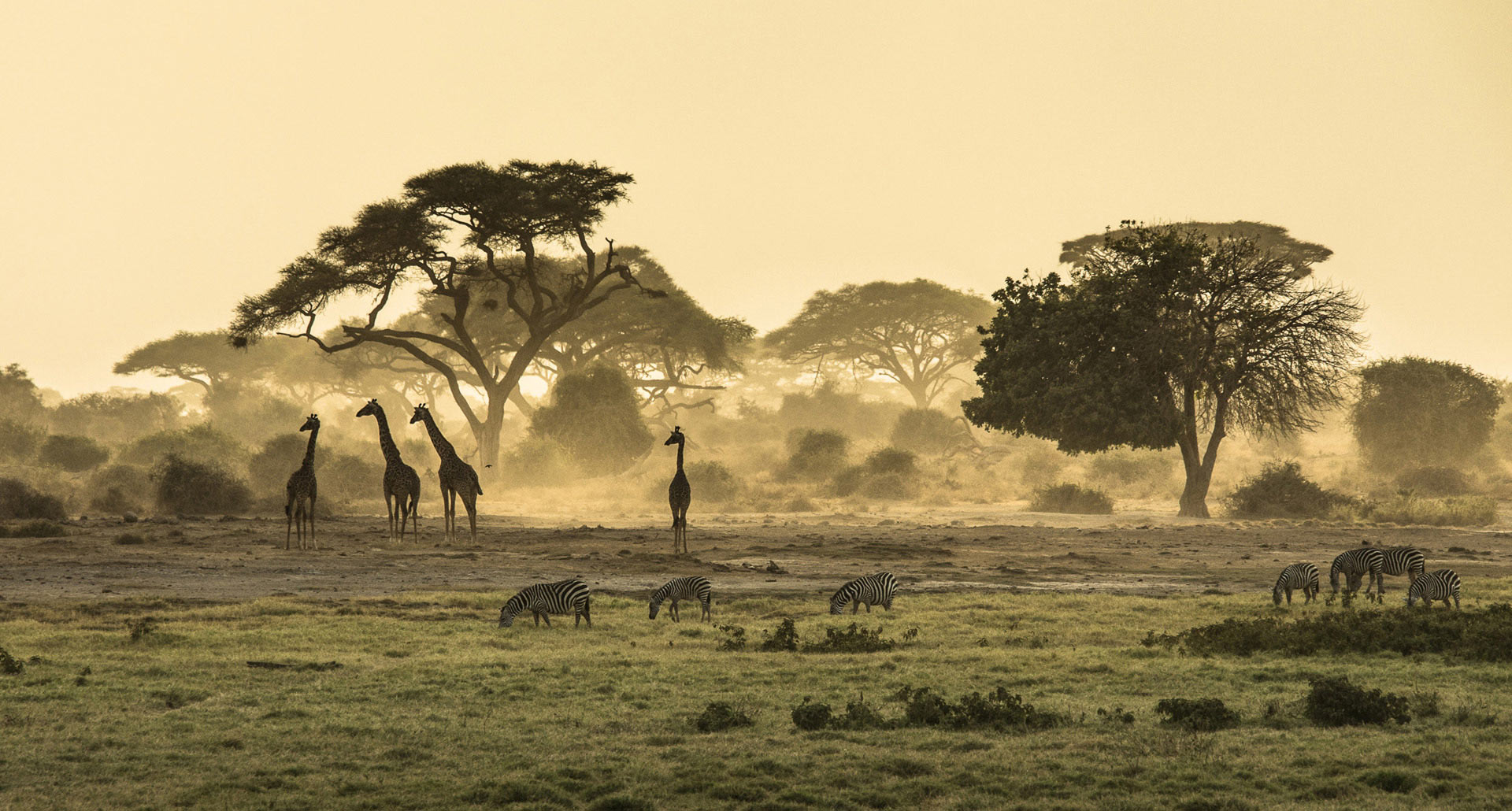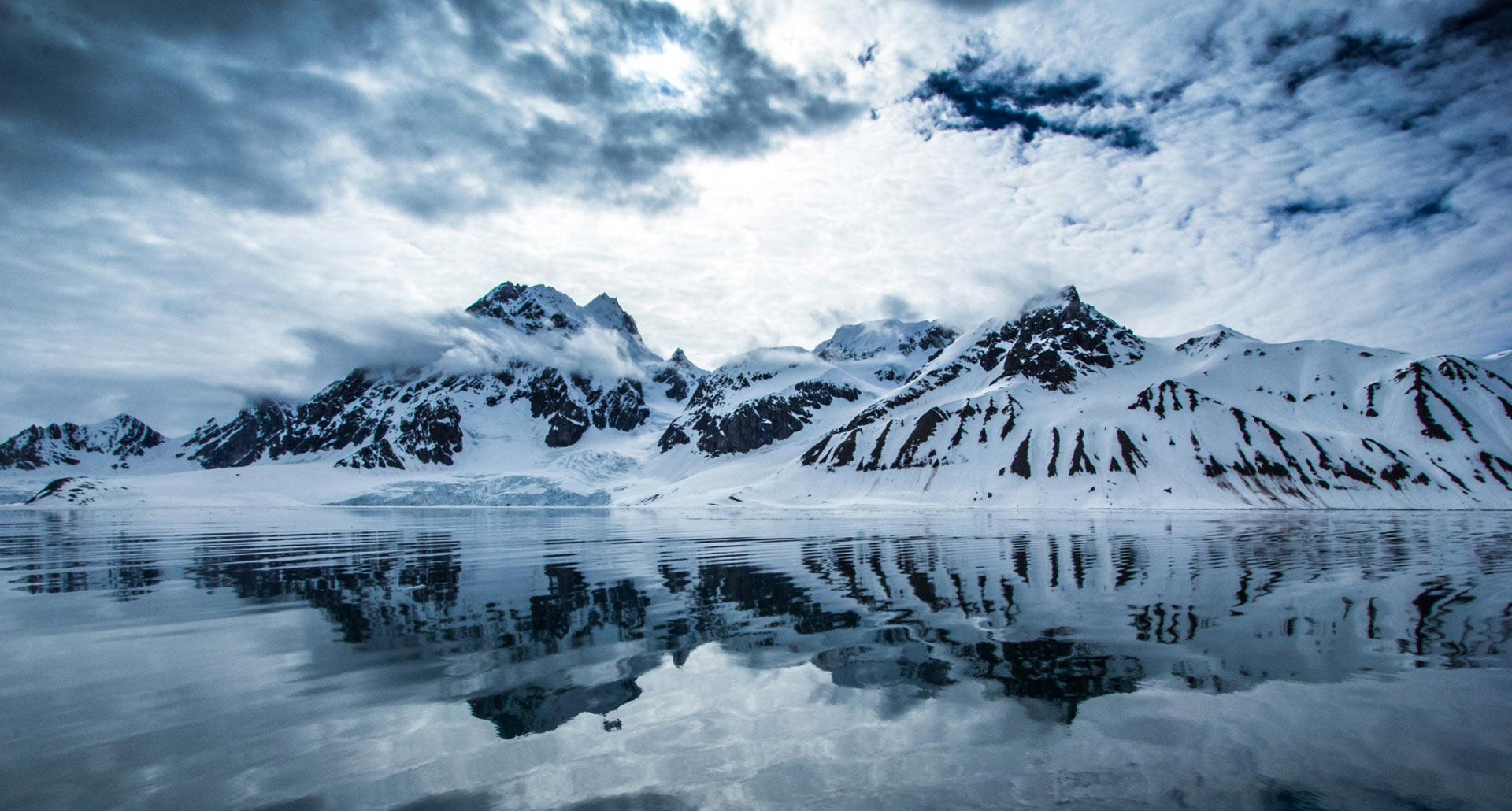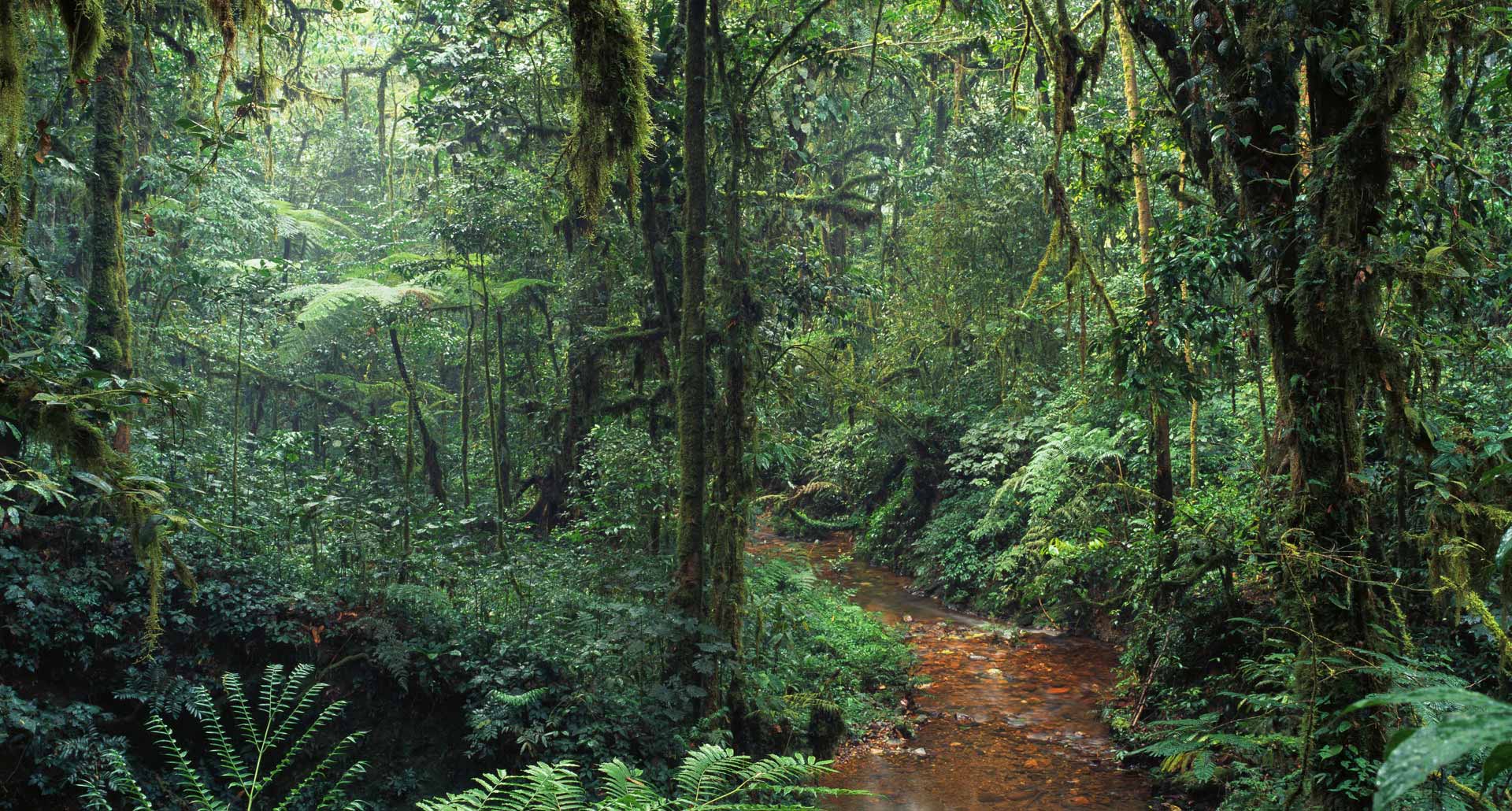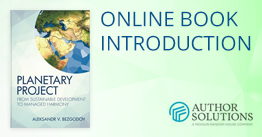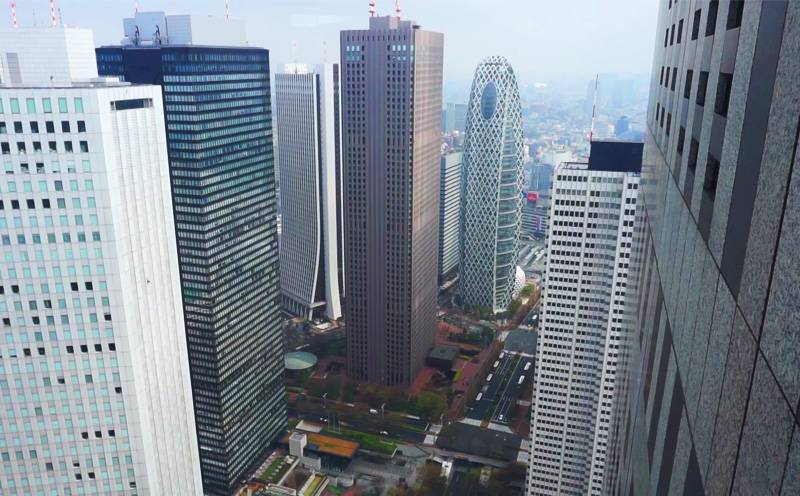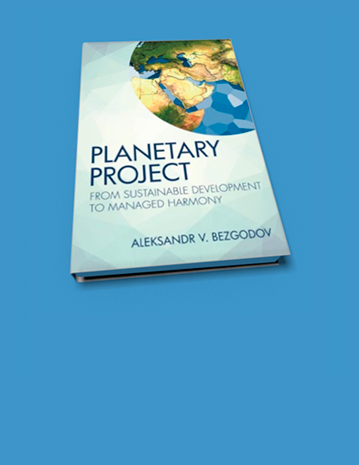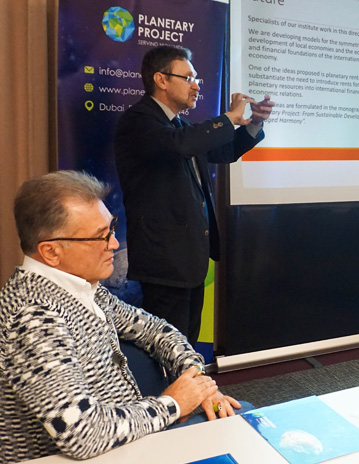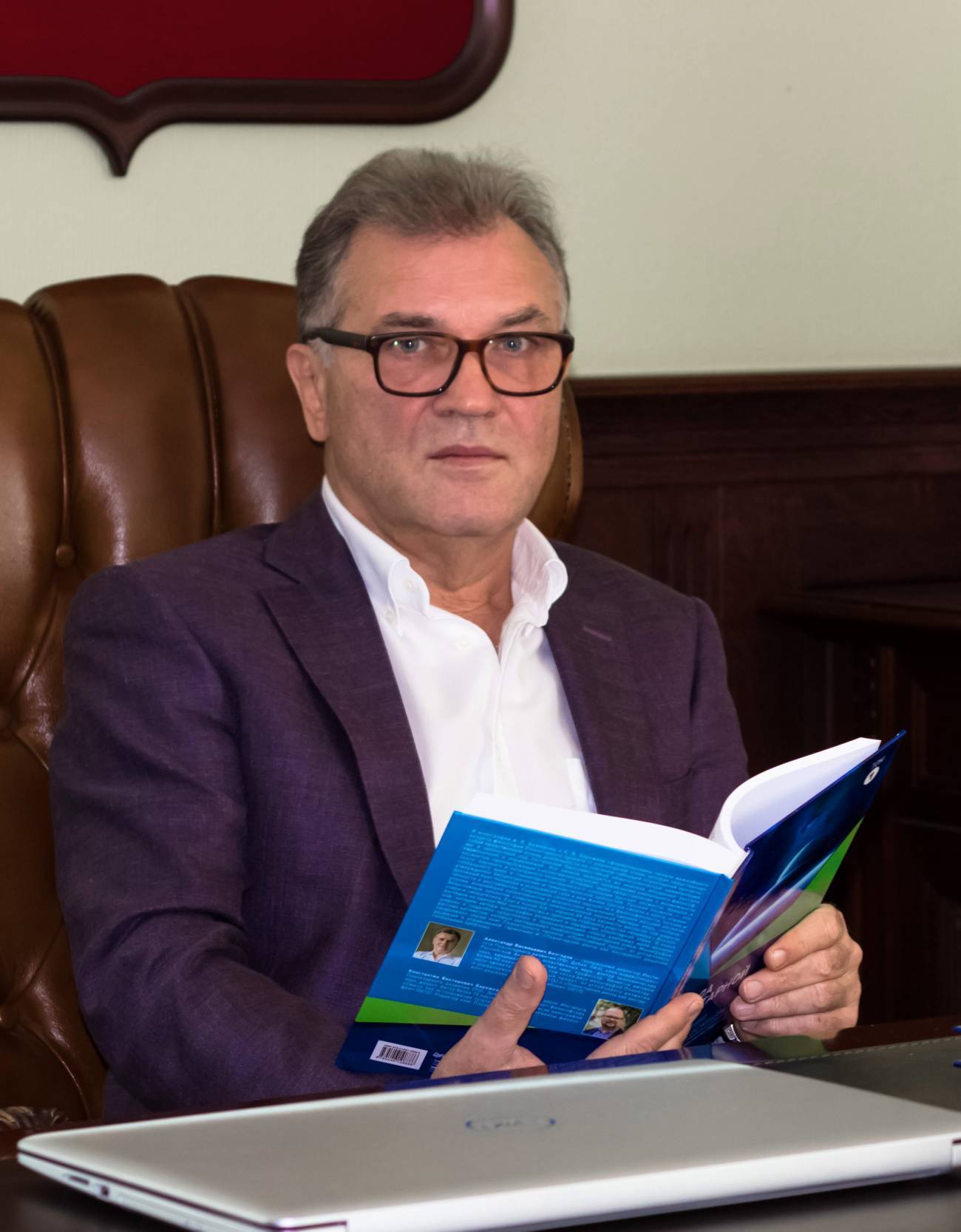
PLANETARY PROJECT
Climate change, the threat of the imminent depletion of resources, natural and political cataclysms, wars, and the world economic crisis all lead to the conclusion that we are on the brink of catastrophe. However, we still have a last chance to survive and to preserve the world for ourselves and our descendants. We can do this by stopping conflicts and becoming sincere humanity.
The Planetary Project is a scientific theory and a practical programme of creating a new economic base for a polycentric world in which every country can take its place in the global division of labour and achieve a satisfactory level of life.
We propose a new world design based on a planetary code. This code is universal: it allows cultural diversity and unity in the way humans treat the planet.
It is possible to save the world only if we unite and start taking the right decisions based on reason, spirituality and compromise. If we do not begin this journey right now, it will soon become too late to do it.
LEARN MORE ABOUT PLANETARY PROJECT
PLANETARY CALENDAR

PLANETARY EVENTS

Planet and Beyond
PROJECT NEWS

The Sheikh Zayed Book award
NEW PUBLICATIONS
Climate Action Planning (courtesy BBC)
Blog
Red Code for the Humanity
After a weekend of foreboding among climate wonks, the United Nations International Panel on Climate Change (IPCC) Working Group I released its contribution to the Sixth Assessment Report, Climate Change 2021: The Physical Science Basis on Monday. This is the first of three working group contributions to be released over the next 9 months before the IPCC releases the final assessment report in the fall of 2022. With each report building off the others, this first report focuses on what the science itself says, an aggregation of the evidence to date, and what that means for our future — most of which looks bleak.
People are actually happier when they make more money
While the old adage says that money can't buy happiness, several studies have shown that the more your income increases, the happier you are, up to $ 75,000 a year. Once this threshold is reached, more income doesn't matter. The happiest people in the world have an average annual salary of $ 36,000. The happiest country in the world appears to be Finland, and in its capital, Helsinki, the average salary is £ 27,936 (about US $ 36,000). This study follows the much-discussed Princeton University study in 2010, which found that emotional well-being rises only with income up to about $ 75,000 for Americans (or $ 86,000 in today's dollars)...
A Hot Spot in the Land of Ice
The warmer the climate is in the Arctic, the cooler the relations are between the northern countries. It took a third of the last century for the Arctic Ocean’s ice cover to shrink by one third. The natural wealth of the Arctic water area has become more accessible, and international cooperation in this region has turned into rivalry. There is something to fight for, indeed. According to official data of the United States Geological Survey, almost a quarter of the world's hydrocarbon resources are concentrated in the depths of the Arctic: 90 billion barrels of oil, more than 48 trillion cubic meters of natural gas, and 44 billion barrels of gas condensate. And since there is no single international treaty defining the legal status of the Arctic, several nations have already claimed the right to the exclusive possession of promising territories...

